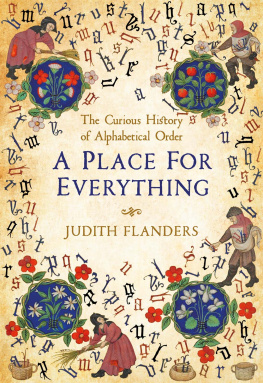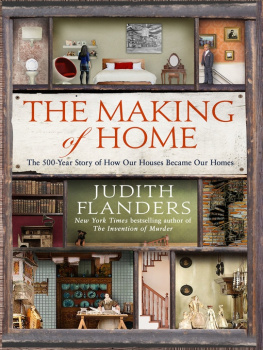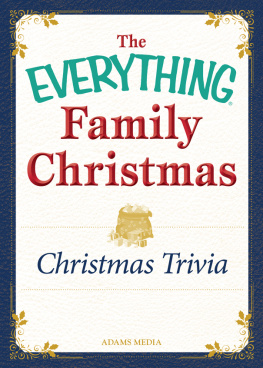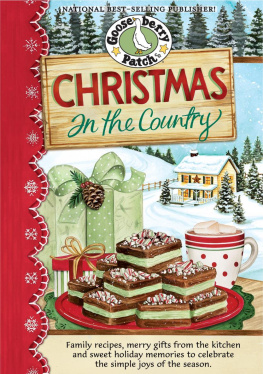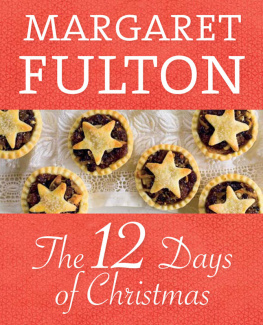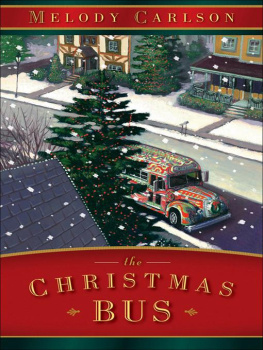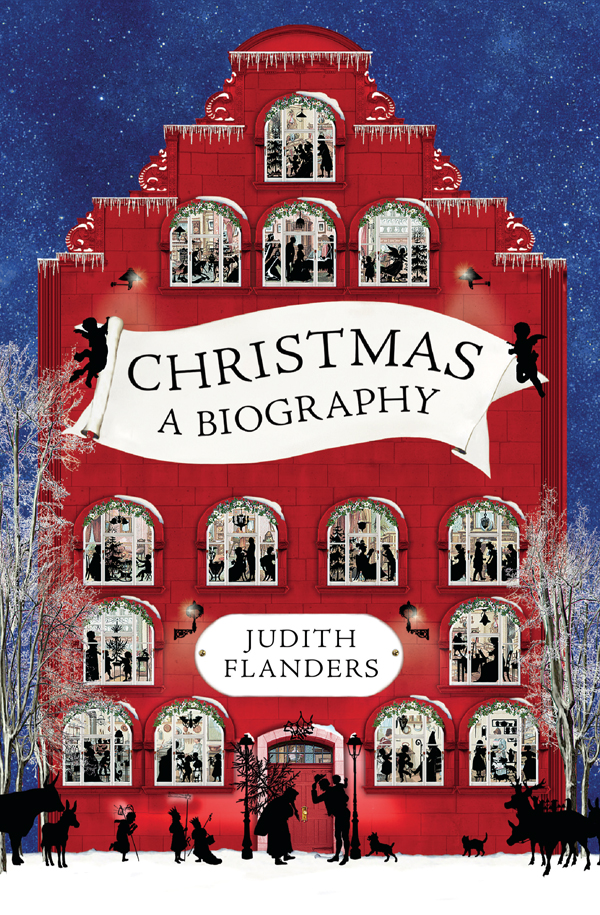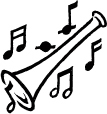Judith Flanders - Christmas: A Biography
Here you can read online Judith Flanders - Christmas: A Biography full text of the book (entire story) in english for free. Download pdf and epub, get meaning, cover and reviews about this ebook. year: 2017, publisher: Thomas Dunne Books, genre: History. Description of the work, (preface) as well as reviews are available. Best literature library LitArk.com created for fans of good reading and offers a wide selection of genres:
Romance novel
Science fiction
Adventure
Detective
Science
History
Home and family
Prose
Art
Politics
Computer
Non-fiction
Religion
Business
Children
Humor
Choose a favorite category and find really read worthwhile books. Enjoy immersion in the world of imagination, feel the emotions of the characters or learn something new for yourself, make an fascinating discovery.

- Book:Christmas: A Biography
- Author:
- Publisher:Thomas Dunne Books
- Genre:
- Year:2017
- Rating:4 / 5
- Favourites:Add to favourites
- Your mark:
Christmas: A Biography: summary, description and annotation
We offer to read an annotation, description, summary or preface (depends on what the author of the book "Christmas: A Biography" wrote himself). If you haven't found the necessary information about the book — write in the comments, we will try to find it.
A critically acclaimed New York Times bestselling author explores the Christmas holiday, from the original festival through present day traditions.
Christmas has always been a magical time. Or has it? Thirty years after the first recorded Christmas, one archbishop was already complaining that his flock was spending the day, not in worship, but in dancing and feasting to excess. By 1616, the playwright Ben Jonson was nostalgically remembering the Christmases of the old days, certain that they had been better then.
Other elements of Christmas are much newer who would have thought gift-wrap was a novelty of the twentieth century? That the first holiday parade was neither at Macys, nor even in the USA?
Some things, however, never change. The first known gag holiday gift book, The Boghouse Miscellany, was advertised in the 1760s for gay Gallants, and good companions, while in 1805, the leaders of the Lewis and Clark expedition exchangedwhat else?presents of underwear and socks.
Christmas is all things to all people: a religious festival, a family celebration, a period of eating and drinking. In Christmas, bestselling author and acclaimed social historian Judith Flanders casts a sharp eye on its myths, legends and history, deftly moving from the origins of the holiday in the Roman empire, through the first appearance of Christmas trees in Central Europe, to what might be the origins of Santa Claus in Switzerland to draw a picture of the season as it has never been seen before.
Judith Flanders: author's other books
Who wrote Christmas: A Biography? Find out the surname, the name of the author of the book and a list of all author's works by series.

